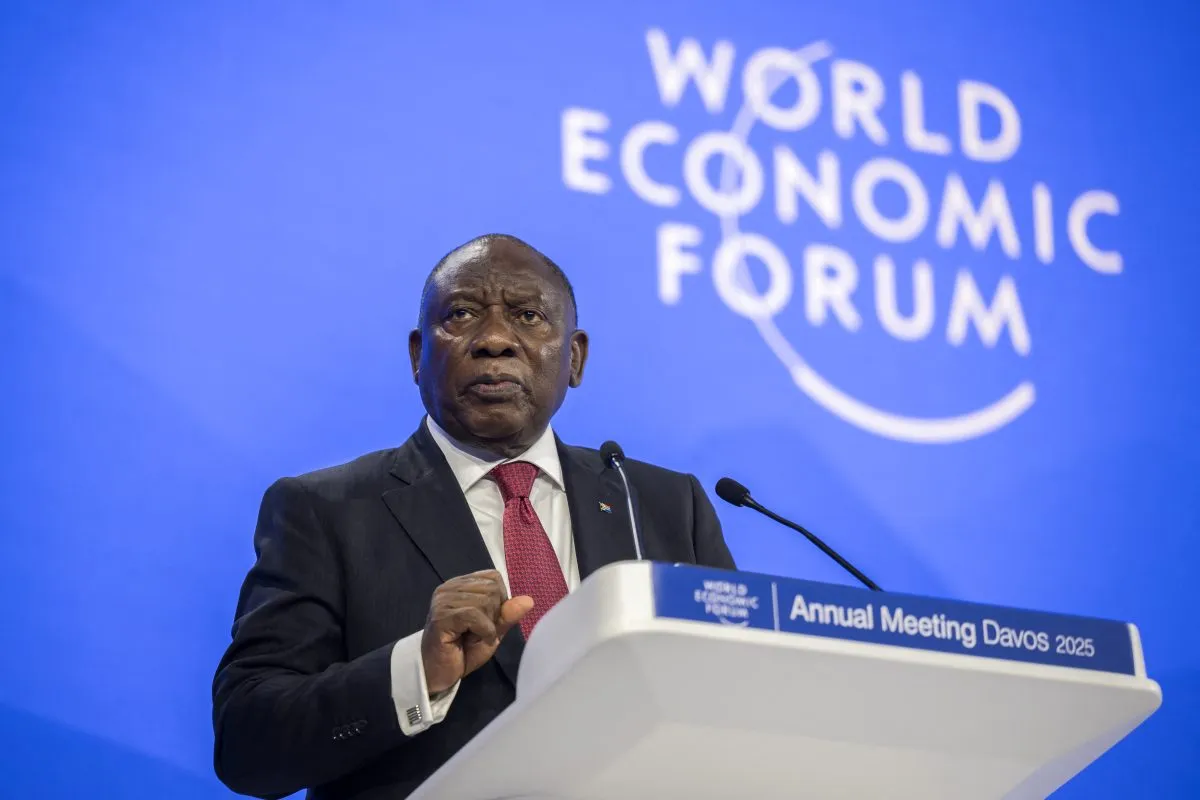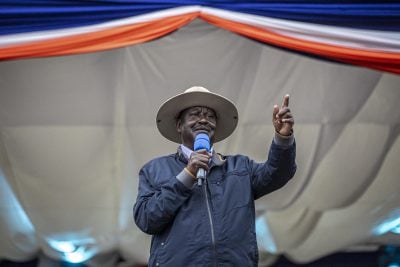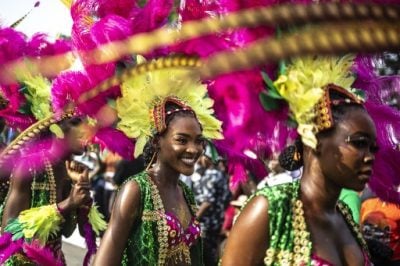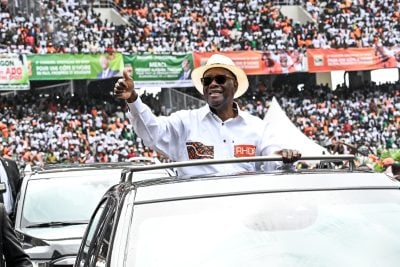South African President Cyril Ramaphosa called for a return to multilateralism in an address to the World Economic Forum at Davos in which he set out his priorities for the country’s presidency of the G20, even as newly inaugurated US President Donald Trump sought to withdraw the US from key global agreements.
South Africa will this year begin its tenure as president of the G20 group of nations, the first African nation to assume the position after the African Union was accepted into the group as a member in 2023. Ramaphosa delivered a call for greater collaboration and collective action in the face of global challenges such as climate change, conflict and rising inequality.
“This is a moment when we should harness the abundant resources we collectively possess and the remarkable technologies that human ingenuity has produced to overcome poverty, to overcome inequality, unemployment, and especially youth unemployment, and the abuse of women once and for all,” he urged.
Ramaphosa announced that South Africa will focus on the themes of solidarity, inequality and sustainable development.
“We will seek to get the G20 to focus more on how we can enhance solidarity through collective efforts to ensure that in the pursuit of progress in the world and progress for all: no person and no country should be left behind,” he charged.
Call for multilateral reform
These themes, he said, can best be pursued through multilateral institutions such as the United Nations, the World Trade Organization, the World Health Organization, global financial institutions and the G20 itself.
That will be a challenge: shortly after his inauguration in January, Trump expressed his intention to withdraw the US from the Paris Climate Agreement and the World Health Organization.
But Ramaphosa said that with global reform, institutions like the G20 can still deliver. He said the G20 must commit itself to deliberate and coordinated efforts to promote inclusive growth, and facilitate investment that grows the income of the poorest countries and the least well off in the world.
The G20, under South Africa’s leadership, will seek to address debt sustainability for low income countries, he vowed. Climate change, Ramaphosa said, will be another area of focus.
To meet present needs without compromising the wellbeing of future generations, action is called for to reduce emissions and transition to green energy in a just manner, he said.
Funding will be a critical element of this, and Ramaphosa joined calls for the reallocation of the special drawing rights to fund poor countries’ climate and development plans.
“It is simply in our view not fair that over 60% of special driving rights go to a handful of wealthy countries. These driving rights should be redirected to enable countries in Africa and other parts of the global south to realize their developmental aspirations, to enable them to invest in infrastructure, in industrial development, in education, in training, and in healthcare.”
“For nations to flourish, equality and prosperity must be available to everyone, regardless of gender, race, religious belief, or economic status,” he stressed.
Want to continue reading? Subscribe today.
You've read all your free articles for this month! Subscribe now to enjoy full access to our content.
Digital Monthly
£8.00 / month
Receive full unlimited access to our articles, opinions, podcasts and more.
Digital Yearly
£70.00 / year
Our best value offer - save £26 and gain access to all of our digital content for an entire year!
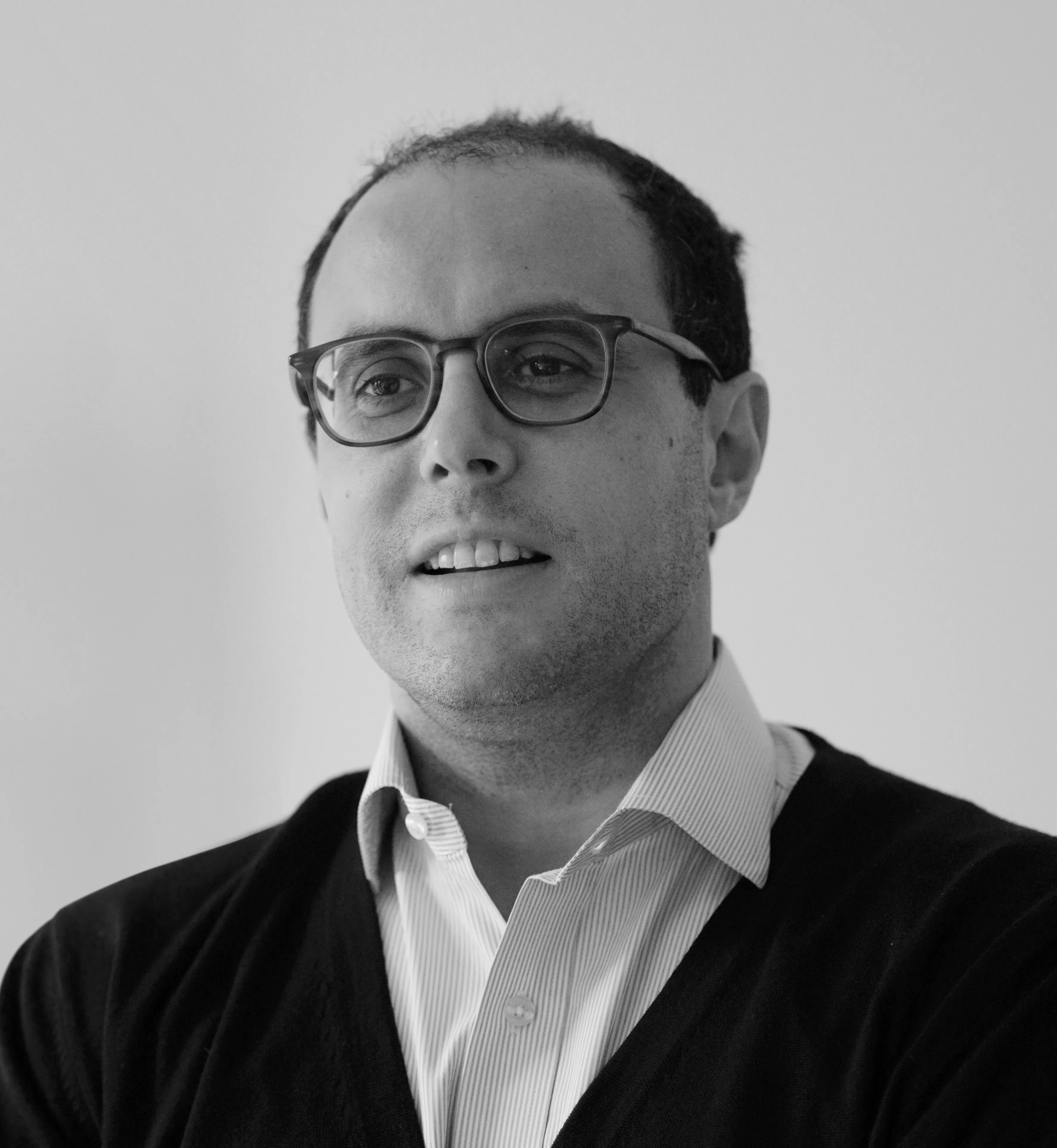
 Sign in with Google
Sign in with Google 